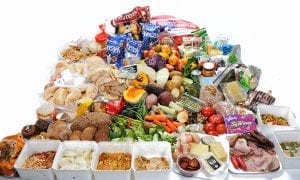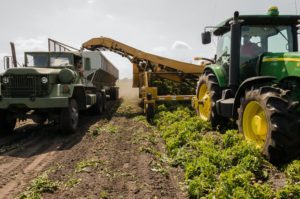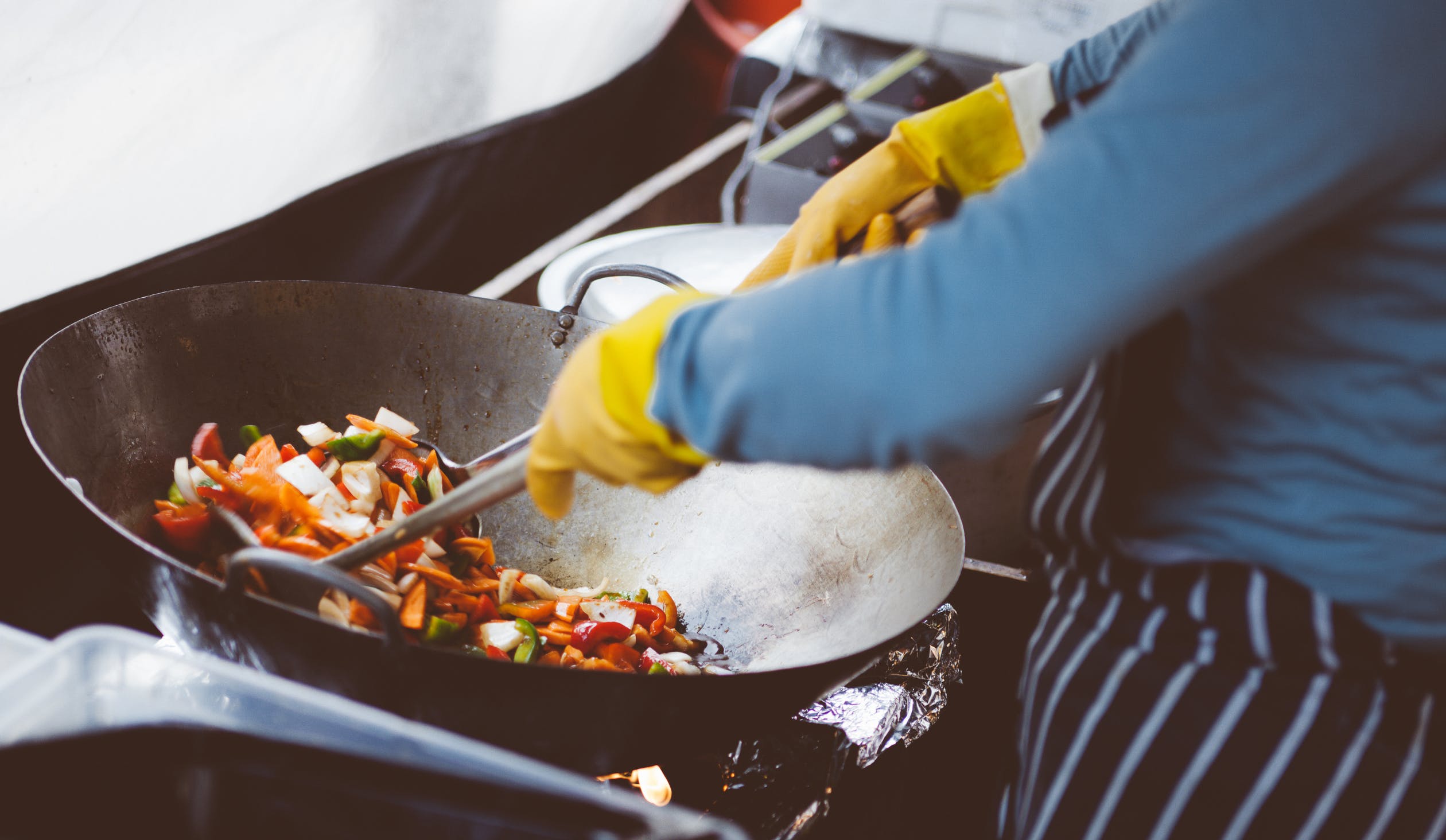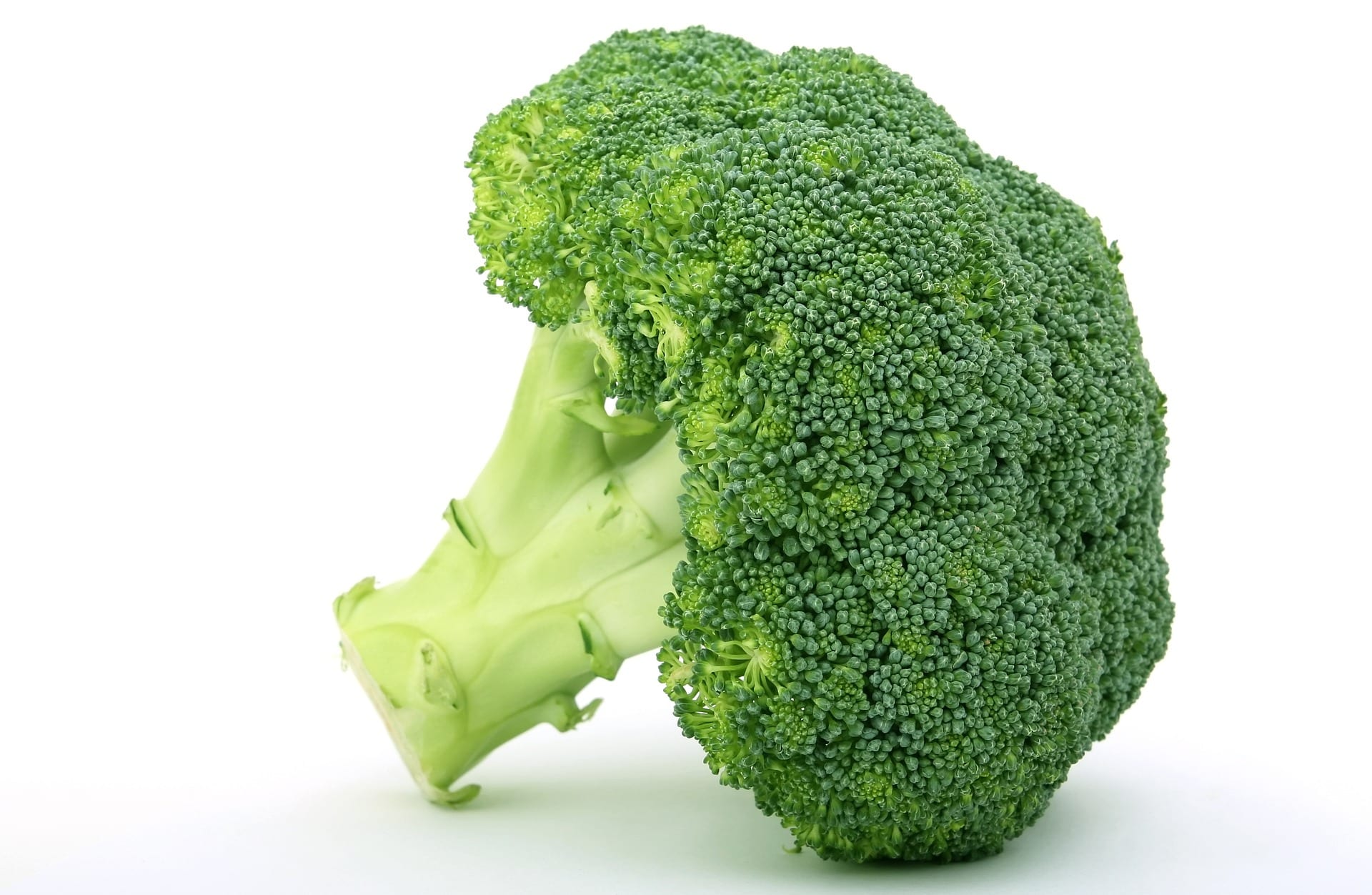El planet evolves, changes. And, at the same time, so does the way we understand our role in it. The latter is evident in different areas of life. Not only individuals, but more and more companies - from all sectors - are joining various initiatives to take care of the planet a little more. However, if there is something that is equally visible, it is that there is still a long way to go. We must cushion the impact of food waste.
A clear example of this, in fact, is the and gastronomic. It is true that many advances have been made when it comes to understanding how to take care of our diet to take care of our body and our health. But there is a worrying aspect that has been drawing the attention of large organizations: the impact of food waste. What are the causes and consequences of this expense? Let's find out!

The impact of food waste: what are the causes?
With the launch of many documentaries on a more sustainable way of life -Our Planet, Chasing Coral, or Cowspiracy, among others-, we are increasingly aware that everything we do it has its consequences on the planet. That is why the impact of food waste it is a factor to take into account.
To put a bit in context, it should be noted that 40% of the food grown to feed the world's population they do not end up being consumed. It is an alarming percentage that not only has logistical consequences, but also climatic ones. According to the statements that the EFE Agency collects from the World Wide Fund for Nature -WWF- It is a “waste that contributes to 10% of the greenhouse gases that cause climate change, warns today a report from the World Wide Fund for Nature (WWF).

And why is this? Well, because growing and producing food involves not only a large economic investment, but also requires water, land and energy. As EFE illustrated, this “causes a contribution to greenhouse gases equivalent to almost double the annual emissions of all cars in the US and Europe. In fact, to give you a real idea, the report that collects all this data calculates that a total of 2.500 billion tons of food annually. Whether it is because they spoil before reaching the supermarkets or because once they are not sold, the waste is evident. And worrying.
Pete pearson, head of WWF's Global Initiative on Food Loss and Waste, made it clear to EFE. "This report shows that the problem is probably bigger than we imagined," said the official.
The pandemic as an aggravating factor
If the situation was already worrying, the pandemic and its consequent restrictions have only aggravated the problem. Pearson himself claimed that this crisis has caused "massive disruptions in supply chains, forcing contract cancellations, restaurant closures and leaving large amounts of perishable food wasted or left on farms that then they were useless".
And it is that, as much as governments want to direct all the attention of the food sector to the last step of the chain -that is, sales-, the problem comes much further back. That is why, from the organization's report, they demanded greater consideration and support to farmers, the base and first piece of the supply chain.

Measures to avoid food waste
But big problems, big solutions. There are already those who have realized the problem and are contributing their grain of sand. This is the case of, for example, Too Good To Go. «We dream of a planet without waste of food and, for that reason, we work every day to make it happen ", they declare from the website itself. The idea of this app is to avoid throwing excess food from restaurants.

The problem is there. But it is in everyone's hands - individuals, companies, farmers, supermarkets - to do something so that our planet is as careful as we ourselves want to be.







